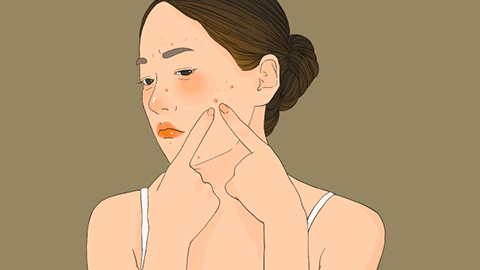Can I still drink raspberry and cornus officinalis if I have excessive dampness?
Excess dampness generally contraindicates the consumption of raspberry (Rubus idaeus) and Asiatic cornelian cherry (Cornus officinalis). It is recommended to use medications appropriately under a doctor's guidance.

Patients with excessive dampness may experience symptoms such as mental fatigue, headache, and drowsiness. Their body constitution often tends toward damp-heat or damp-cold. Raspberry and Asiatic cornelian cherry may not be suitable for these constitutions. Particularly, the astringent effect of Asiatic cornelian cherry may interfere with the elimination of dampness. Without professional medical guidance, taking raspberry and Asiatic cornelian cherry on one's own might interact with other medications, increasing health risks.
If excessive dampness is accompanied by symptoms of damp-heat, such as bitter taste in the mouth, yellow and greasy tongue coating, sticky stools, etc., the warming and nourishing properties of raspberry and Asiatic cornelian cherry may exacerbate dampness and heat, worsening the condition. If excessive dampness results from external contraction of damp pathogenic factors or improper diet (a excess condition), the tonic effects of raspberry and Asiatic cornelian cherry may hinder the elimination of damp pathogenic factors, possibly aggravating the condition.
Patients with excessive dampness should avoid self-medicating and instead seek treatment under the guidance of a qualified physician. Additionally, they should adjust their dietary habits to avoid high-fat, spicy, raw, cold, high-sugar, and cold-natured foods to reduce the burden on the spleen and stomach and promote the elimination of dampness from the body.





